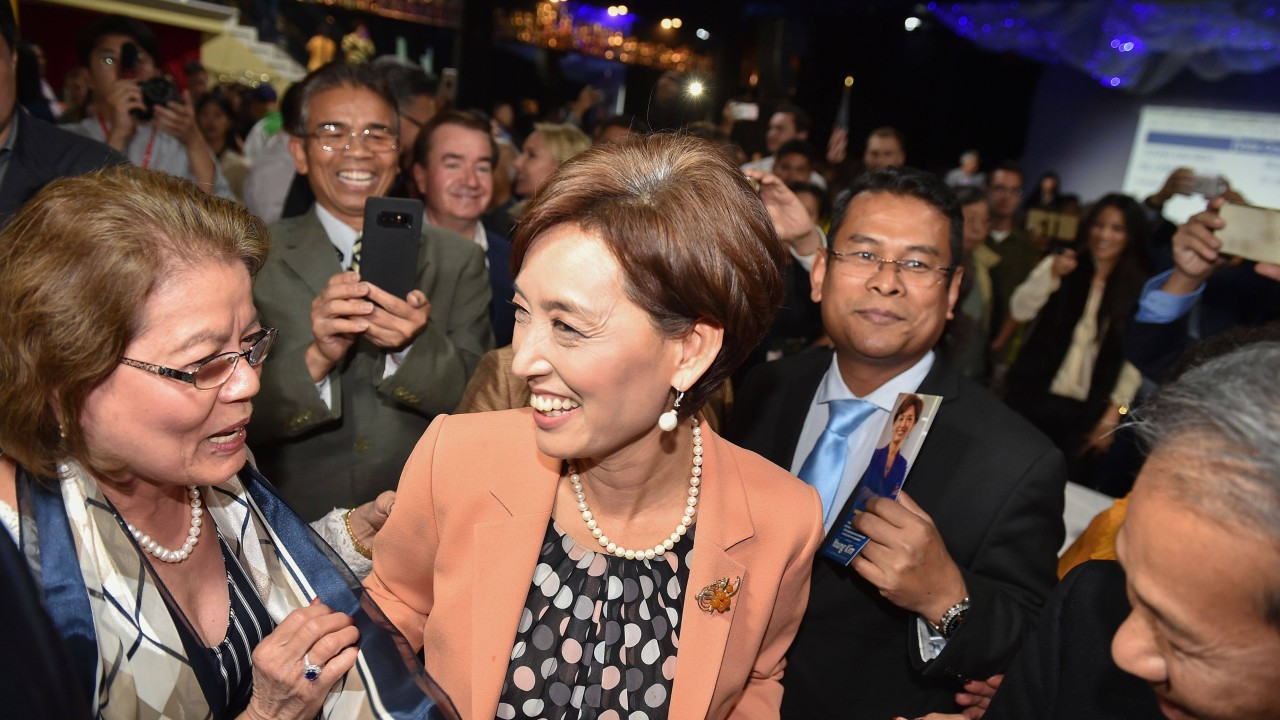
Speaking on the House floor earlier in the week, Kim stressed that her bill, The Uygur Policy Act of 2023, would address shortcomings in the US’s existing approach to human rights abuses in Xinjiang, home to most of China’s Uygur population.
In addition to authorising funding for advocates to speak in majority-Muslim countries, the bill mandates Uygur language instruction at the State Department’s training institute for its diplomats.
It further directs the US government’s overseas media agency to disseminate information about Beijing’s violation of Uygur human rights – violations that Beijing has repeatedly denied.
China to more tightly control ethnic minority discussion to temper ‘risks’
China to more tightly control ethnic minority discussion to temper ‘risks’
In supporting McGovern’s bill, Kim noted that the same erasure was being imposed on Tibetans.
The Promoting a Resolution to the Tibet-China Conflict Act would make it official US policy that “Tibet” refers not only to the autonomous region as defined by the Chinese government but also the Tibetan areas of Gansu, Qinghai, Sichuan and Yunnan provinces.
While Washington considers Tibet part of the People’s Republic of China, it does not hold that Beijing’s control over the region is consistent with international law.
Meeks, speaking earlier in the week about his bill, Strengthening the Quad Act, said “China’s growing global influence and authoritarian model is serving to undermine freedom in the Indo-Pacific and beyond”.
Sino-American ties competitive despite being ‘notably stabilised’: US envoy
Sino-American ties competitive despite being ‘notably stabilised’: US envoy
“We need to work with fellow democracies in the region to showcase open markets and open societies,” he added.
The Quad was established in 2004 for humanitarian and disaster relief efforts, but remained largely dormant until 2017.
In March 2021, Biden elevated the group to the leaders’ level and hosted the first-ever Quad leaders’ summit.
Meeks on Wednesday said his bill would “help sustain political support and adequate resources for the Quad in all four countries”.

